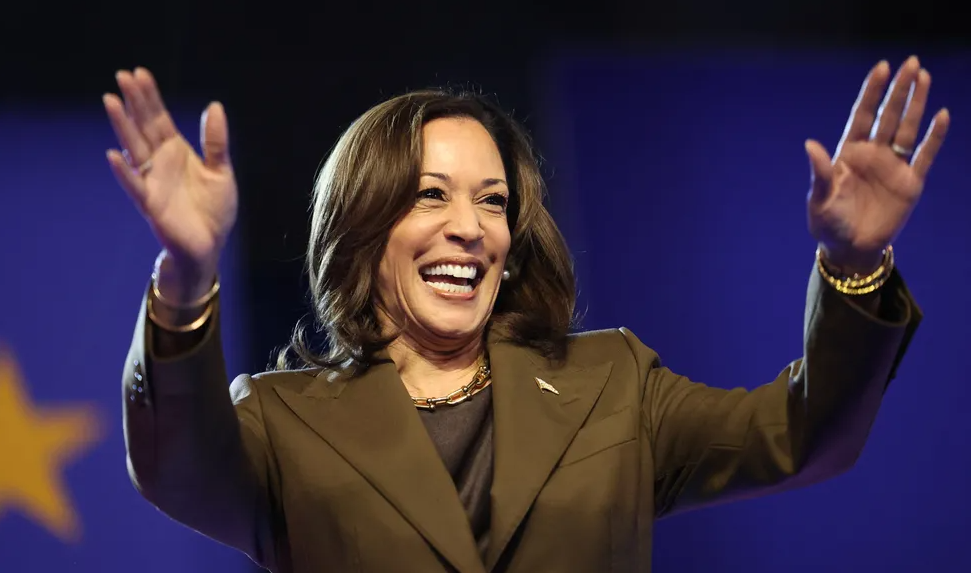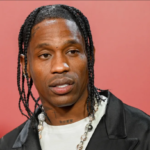As Vice President Kamala Harris continues to bypass traditional media, journalists of the old guard are grappling with a genuine concern: the decline of quality journalism and its potential slide into irrelevance. Yet, this concern is only part of a broader issue.
In a recent interview with the wildly popular podcast “Call Her Daddy,” Harris made a remark that was ostensibly about critics of her personal life. “This is not the 1950s anymore,” she said. But the sentiment could easily apply to journalism’s current state of flux.

“Call Her Daddy,” which ranks as the second most listened-to podcast on Spotify and the fifth among U.S. women, commands millions of listeners weekly. Its topics, ranging from relationships to mental health, appeal to a broad audience, particularly women. For Harris, a Democratic presidential nominee, choosing such a platform to engage with a vast female demographic is both calculated and savvy.
Alex Cooper, the podcast’s co-creator and host, acknowledged the significance of Harris’s appearance. “I couldn’t see a world where one of the main conversations in this election is women, and I’m not part of it,” Cooper explained. While stating her neutral stance on political affiliations, she emphasized her goal of fostering an open conversation with her diverse audience.
The interview, although tame compared to the podcast’s usual fare, touched on pivotal issues affecting women, such as abortion and sexual violence. It was a strategic move to energize Harris’s base. Yet, it also speaks to a broader critique: Harris’s reluctance to engage in more traditional interviews.
National media outlets and her political rivals have chided Harris for shying away from conventional platforms. An Axios report highlighted that as of July 21, Harris had only conducted three interviews, excluding those with partisan-leaning commentators. Her preference for non-traditional media reflects a larger trend in which political figures turn to influencers over journalists.

This shift is emblematic of the declining influence of legacy media. Over the past decade, social media has revolutionized how politicians communicate, allowing them to bypass journalists and speak directly to their supporters. This control over their message, free from the scrutiny of traditional media, is a cause for concern among many in the press.
Interviews with influencers, like Harris’s conversation with Cooper, rarely involve the rigorous questioning that trained journalists provide. Harris was able to deliver her usual talking points without much challenge. Meanwhile, traditional outlets are left vying for relevance in an increasingly fractured media landscape.
To be fair, Harris hasn’t entirely avoided conventional media. She has sat down with the National Association of Black Journalists and appeared on “60 Minutes.” Still, the state of journalism is fragile. Local outlets are closing, misinformation is rampant, and public trust in the media continues to erode. In this environment, the press is struggling to maintain its authority.
In the modern media landscape, interviews often resemble PR exercises more than journalistic inquiries. Politicians and media personalities alike seem more interested in controlling their narratives than in answering hard questions. As a result, accountability is often sidelined in favor of maintaining a carefully curated public image.
The debate about the role of journalism in this evolving space is vital. Harris’s appearance on “Call Her Daddy” wasn’t a failure—it just wasn’t an interview in the traditional sense. It was a conversation, aimed at a young, largely apolitical audience, free from interruptions or demands for headline-worthy soundbites.
For Harris’s campaign, reaching younger voters is crucial. Her social media presence, under @KamalaHQ, capitalizes on internet culture to connect with these audiences, who are increasingly turning away from traditional news sources.

Journalists, however, must remember their role: to hold those in power accountable. While Harris’s media strategy may be effective in reaching new voters, the public would benefit from more substantive interviews with seasoned reporters who can ask tough, necessary questions.
Yet, perhaps it’s time for journalism itself to evolve. The insistence on complete neutrality may have flattened the depth of coverage and alienated potential audiences. Political punditry has turned national news into a battleground for opinion, rather than a forum for genuine discourse.
The anxiety among veteran journalists about being sidelined by politicians is rooted in a legitimate concern for the future of journalism. But the solution isn’t to rail against politicians like Harris. Instead, the industry must adapt to a changing media reality or risk becoming obsolete in the process.









